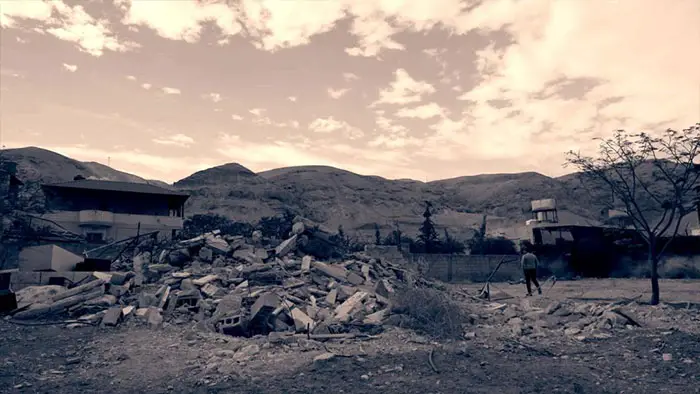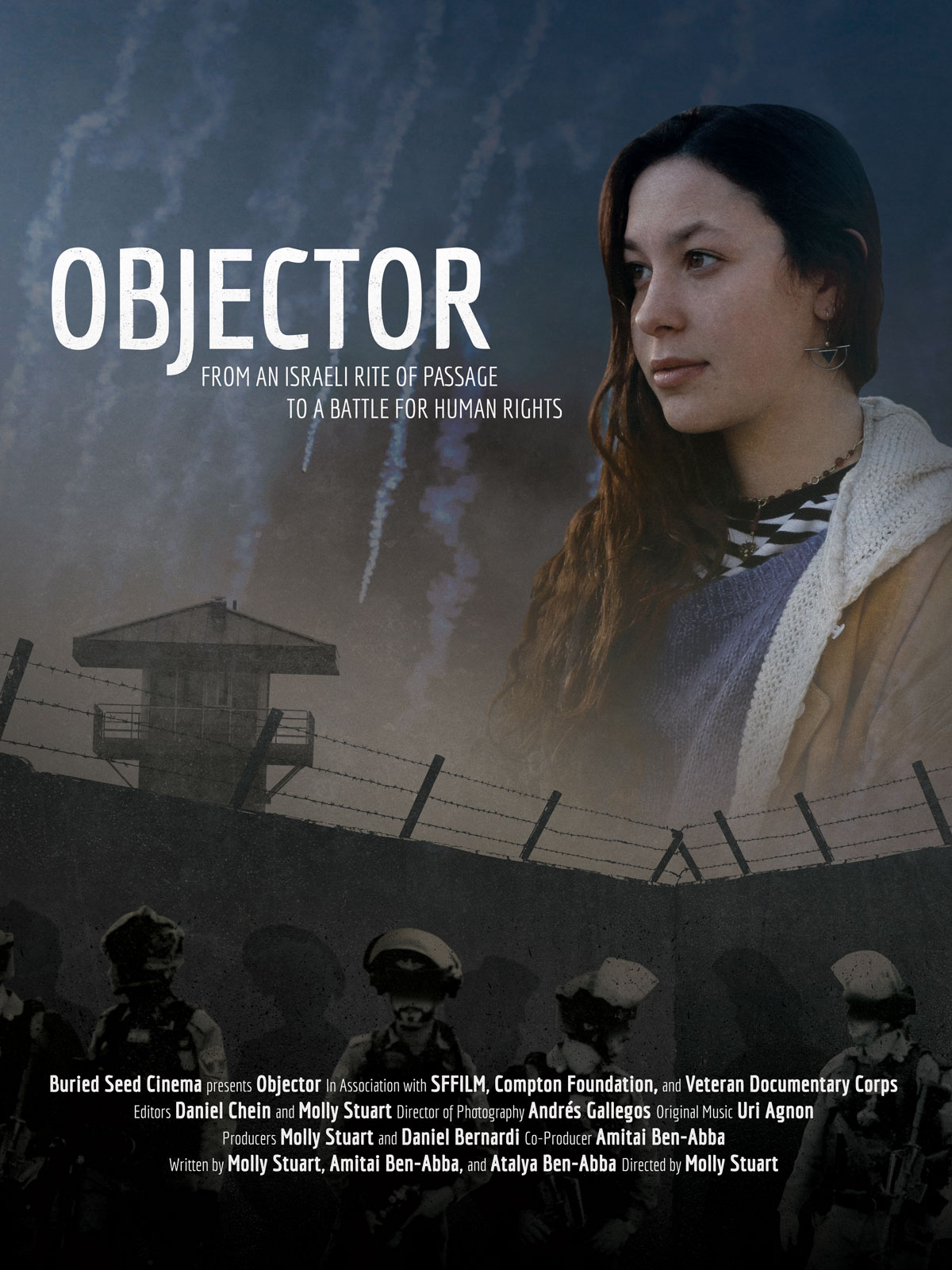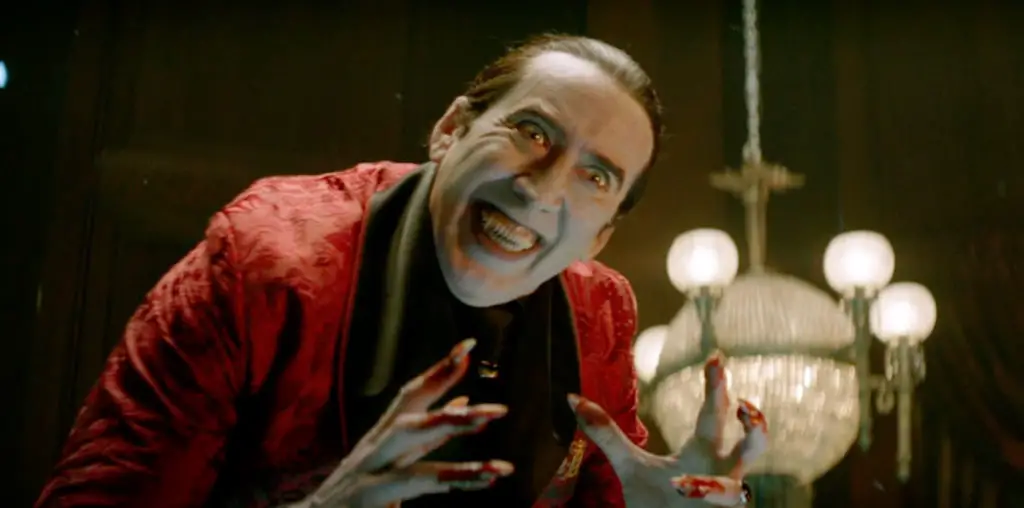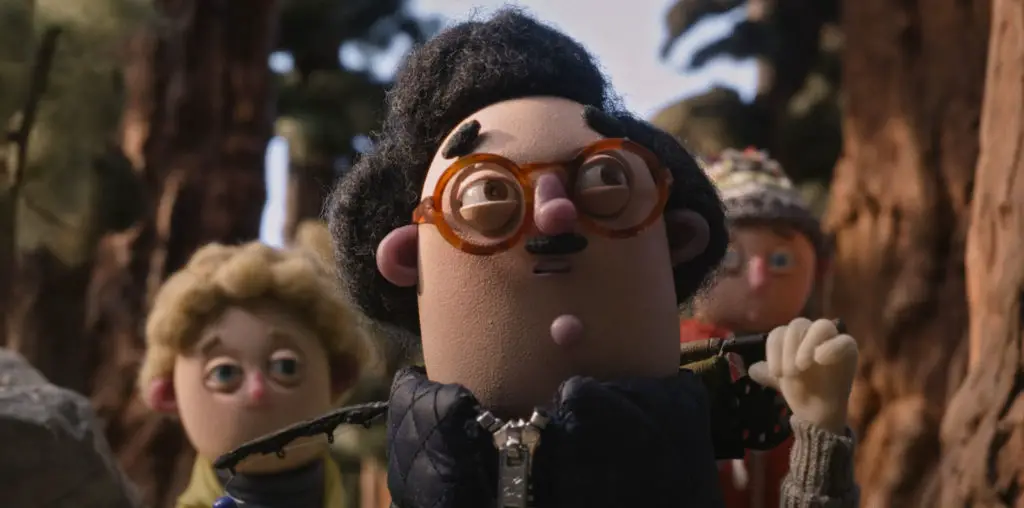
Director Molly Stuart’s documentary Objector is very political, to say the least. It hits on a very current crisis, and quite frankly, I don’t necessarily agree with the film’s stance on the issue. But is agreeing with a documentary’s position a condition of whether it’s good documentary or not (see American Circumcision). Documentaries inform and in many cases attempt to persuade. While Objector didn’t convince me to change my position, it did inform. And in the process of informing, it did credibly challenge my views.
The issue at hand is the Israeli-Palestinian conflict. It’s the classic Hatfields and McCoys situation. Israeli’s believe they are the patriots, and those others are terrorists. The Palestinians believe they are rightful settlers of the land, and those others are occupiers. The title of Objector refers to the film’s subject, Atalya Ben-Abba. She is a young Israeli teen just months away from her conscription into the Israeli military. She’s made the decision to refuse to enter the service as a conscientious objector.

“She’s made the decision to refuse to enter the service as a conscientious objector.”
Atalya loves her home country of Israel but hates its treatment of the Palestinians, who once lived in the land now occupied by her people. The first half of the film makes a case for Atalya’s objections. She shows how Palestinian homes are being bulldozed by the Israeli army for inexplicable reasons of security and for annexing new land for Israeli citizens. She also shows examples of how unfair the military is as it carries out “justice” to the Palestinian people.
She believes that if she goes through with her mandatory military service, she will be forced to carry out orders that hurt the Palestinian people and violates her political and moral beliefs. Her end game is to stop the occupation of Palestinian land and bring equality to both sides.

"…she motivates and inspires others to follow her footsteps."


